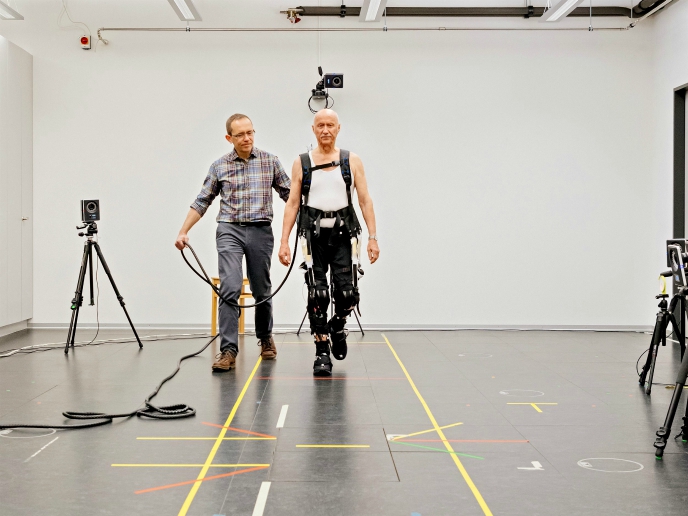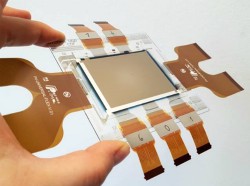Interferon immunogenicity prediction
Interferon therapy has amazing potential. Depending on the type of interferon, it has proved to be efficacious in the treatment of viral diseases, certain cancers and some autoimmune diseases, notably multiple sclerosis. Research is ongoing into the side effects of protein therapy using molecules like interferon. One of these is the induction of the production of antibodies, or antigenicity (otherwise known as immunogenicity). Antigenicity then, may inhibit the efficacy of the therapy or have other deleterious side effects. The consequences of these reactions have serious implications for both the biopharmaceutical industry and the patient. This prompted the European project team LYO-PRO to invest their research efforts into the development of novel freeze-drying methods for proteins. The result of improved diagnostics involved in production of these therapeutic proteins could improve the final quality of the product. The production of lyophilised, (freeze-dried) proteins would then possibly reduce the incidence of antigenic effects. Project partners at the University of Utrecht in the Netherlands developed another related strand of this research. Their focus was to develop a means by which different formulations of human interferon could be assessed for their level of antigenicity. They used an in vivo mouse model that was immune tolerant to human interferon 2. This was due to the introduction of the gene for production of human interferon into the mouse DNA. A sensitive Enzyme-Linked ImmunoSorbent Assay (ELISA) test was then employed to measure the antibody levels. The results suggested that the mouse model could be used as a screening tool to eliminate immunogenic formulations before they are entered for time-consuming and expensive clinical trials. Obvious beneficiaries from this technology are the biopharmaceutical and related industries. Patients with high levels of neutralising antibodies and immunologists studying immune tolerance also stand to gain from this breakthrough.







